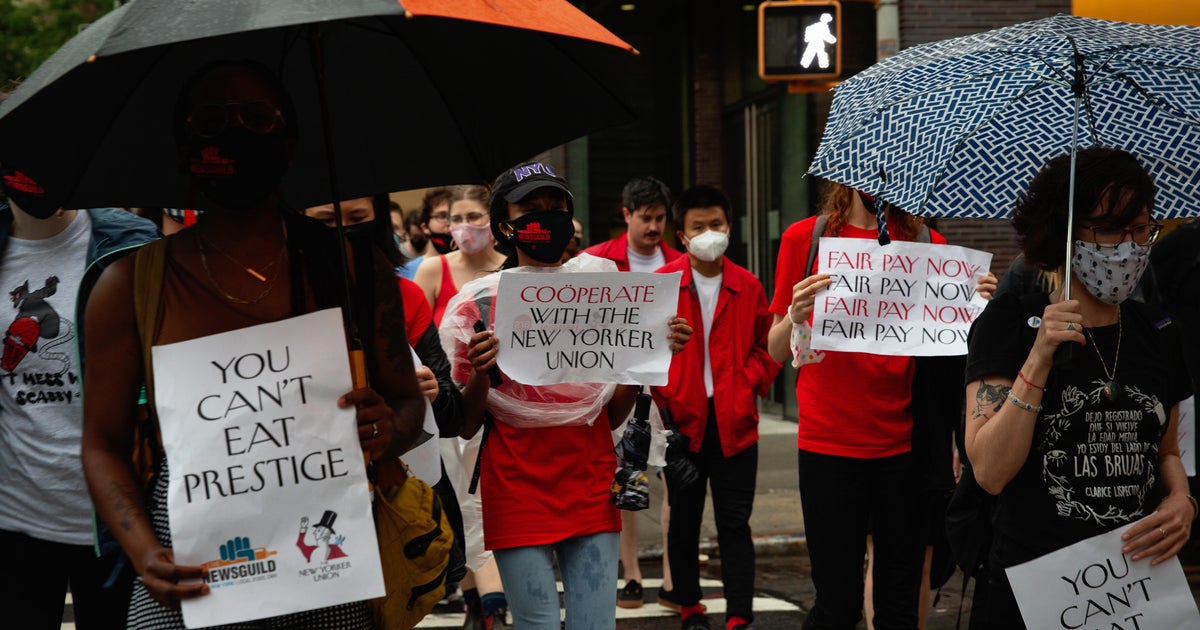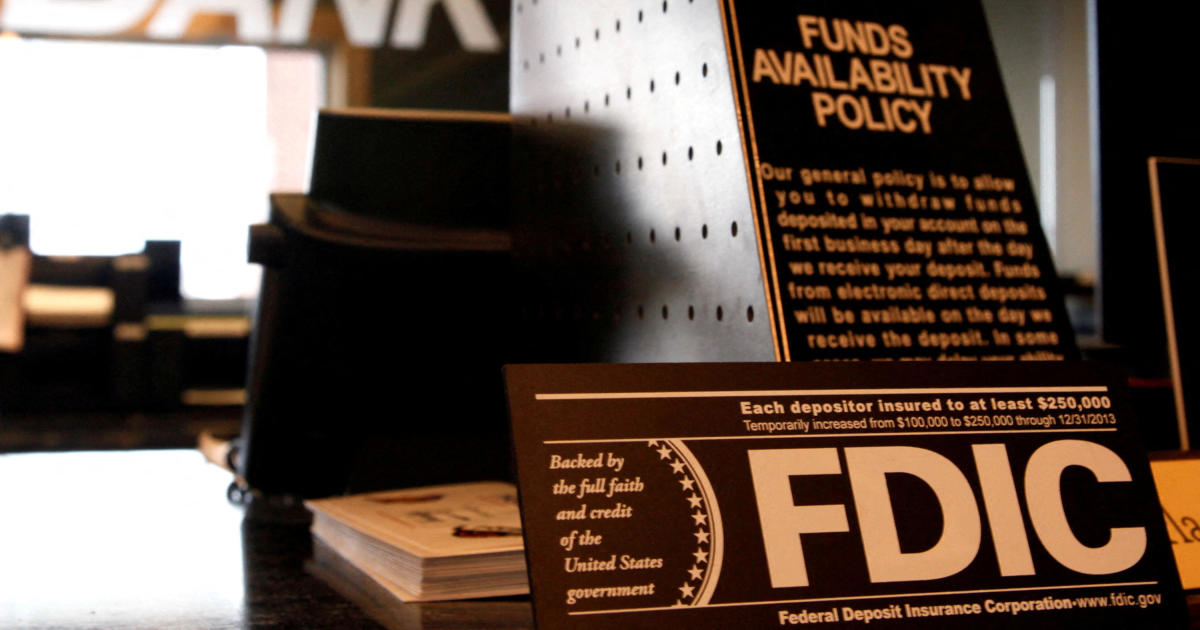Retirements fueling U.S. worker shortage: "We're fighting an uphill battle"
The U.S. labor market has a people problem: There simply aren't enough workers available to take the jobs employers want to fill. That's partly due to a trend hastened by the pandemic that is continuing apace even as the economy returns to normal: Americans are retiring in droves.
Retiring workers made up the biggest share of Americans who dropped out of the labor force in March, according to a new analysis from Morning Consult. That pickup comes after several months during which retirement rates eased somewhat, with some older workers returning to the labor force.
But the recent uptick in retirements may signal that some older workers are questioning whether they want to cope with changes like the widespread shift to hybrid-work environments, with more companies asking workers to come to the office a few days a week, noted John Leer, chief economist at Morning Consult. And as the pandemic enters its third year, some may simply be aging into retirement as part of the long-standing demographic shift of America's aging baby boomer generation.
The upshot: Don't expect older workers to return to the labor market to rescue the economy from labor shortages, Leer said.
"There are a lot of retirees that have dropped from the labor force, and that has been an open question about when they'll come back," Leer told CBS MoneyWatch. But, he added, "that's not going to be the case. We shouldn't rely on older workers to be the driving force of jobs growth going forward."
Between February and March, the share of working-age adults who either had a job or were looking for one declined by almost 1 percentage point, giving up most of the progress made since March 2021, Morning Consult found. About half of that change was due to people retiring, with the rest due to issues like disability and child care.
To be sure, the data reflects only a one-month change, but it underlines the ongoing pressures facing the job market. The labor force participation rate — the share of adults who are working or who are looking for a job — still hasn't returned to its pre-pandemic level despite predictions at various points in the past year that the nation's missing workers would eventually return.
But long-term demographic changes are straining America's workforce, Leer said. "Structural issues with immigration, retirements and an aging population were there before the pandemic. We are fighting an uphill battle to get people back into the workforce."
Why high-income workers quit
In some ways, the increase in Americans choosing to retire is surprising given that the highest inflation in 40 years is eating away at savings and investments. But people who are at or near retirement age may have benefited from the run-up in asset values during the past two years, such as housing and investments, experts say.
Higher-income adults — those earning more than $100,000 a year — were twice as likely as lower-income workers to say they quit because they retired or because their job required them to work too many hours, Morning Consult found.
"Inflation poses a very real risk for higher-income adults, and you'd think that would push them back into the labor market, so that's one of the surprising things" about the findings, Leer said. Some older, higher-income workers may be deciding that the ongoing uncertainties about the pandemic and changes in the workplace just aren't worth it, he noted.
Meanwhile, current workers are more worried about retirement than actual retirees, a recent study from Allianz Life found. About 63% of people who are working say they fear running out of money in retirement more than death, the study found, compared with 46% of retirees. That disparity could be due to the rise in asset values during the past two years, which have buoyed the fortunes of many older Americans.
"Some people are so well prepared they are retiring early," said Kelly LaVigne, vice president of consumer insights at Allianz Life, about his company's report.



